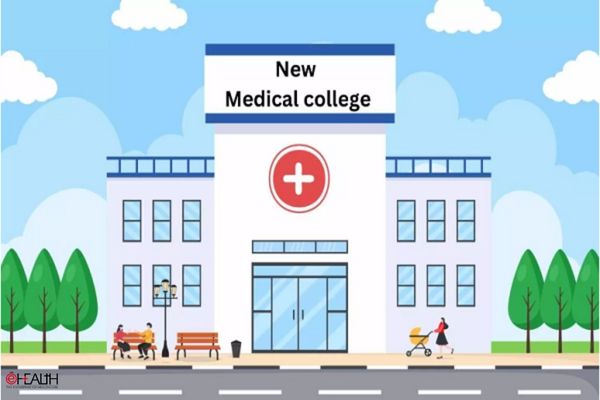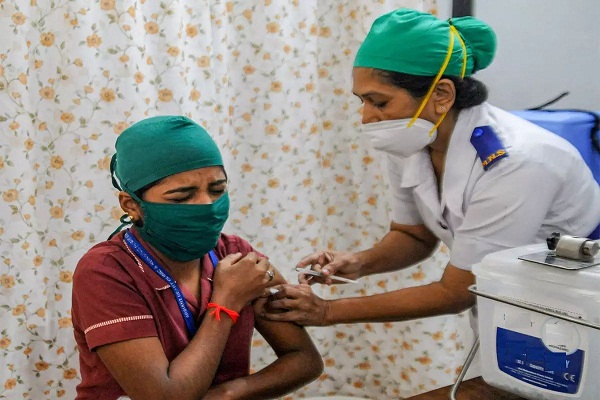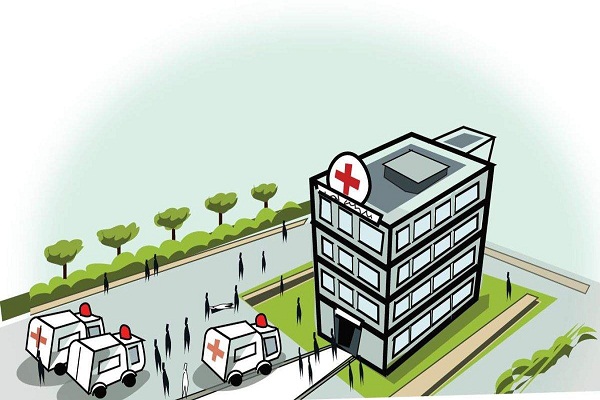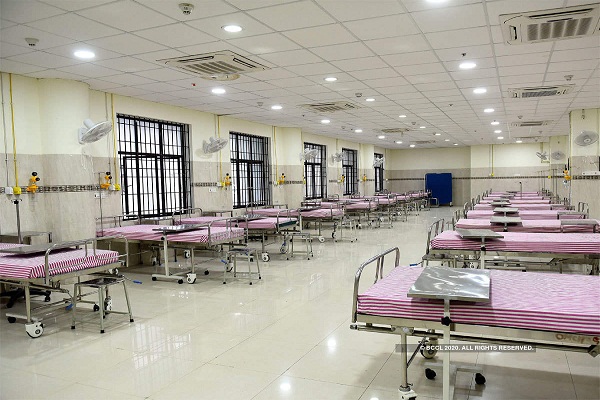
Younger bowel cancer patients will be very soon offered a genetic examination to screen for a very uncommon medical condition associated to a greater risk of any cancer that may develop in future, say researchers.

Genetic screening of tumours would save lives and would be cost-effective for the NHS, a new study has confirmed.
Lynch syndrome raises the risk of developing cancer, particularly bowel cancer and womb and ovarian cancers.Teenager Stephen Sutton, who raised millions of pounds for cancer research, had a family history of the syndrome.
“This is a way of improving the health of people with Lynch syndrome who currently don’t know they have it,” said Dr Tristan Snowsill of the Medical School – University of Exeter.

Co-researcher Dr Ian Frayling of Cardiff University’s Institute of Medical Genetics added: “Now the cost of genetic testing is coming down there is a goo argument for younger bowel cancer patients to be screened. It will save lives and save money for the NHS.”
Lynch syndrome accounts for around one in 12 cases of bowel cancer in people aged under 50. Around a third of people with the disease will go on to develop bowel cancer by the time they are 70, if no action is taken.
Close relatives have a 50% chance of Lynch syndrome but can be offered risk-reducing measures, such as regular colonoscopies, if they are identified early.
Screening surveillance
Screening for the genetic condition in under-50s would be cost-effective for the NHS and prevent new cases in both them and their relatives, a review of evidence has found.
The test is used in some UK hospitals but has not been rolled out nationally. It is offered to all bowel cancer patients in Denmark, and to patients under the age of 70 in Norway and the Netherlands.
Stephen Sutton raised more than £3.2m for the Teenage Cancer Trust
Deborah Alsina, chief utive of Bowel Cancer UK, said while bowel cancer is relatively rare in people under 50, 550 people in this age group lose their lives to the cancer each year.
“It’s very important that more and more lives are saved by helping people gain access to the screening surveillance they might require, so that bowel cancer can be ruled out first, not last, in the patients especially the younger patients.”
Be a part of Elets Collaborative Initiatives. Join Us for Upcoming Events and explore business opportunities. Like us on Facebook , connect with us on LinkedIn and follow us on Twitter , Instagram.













